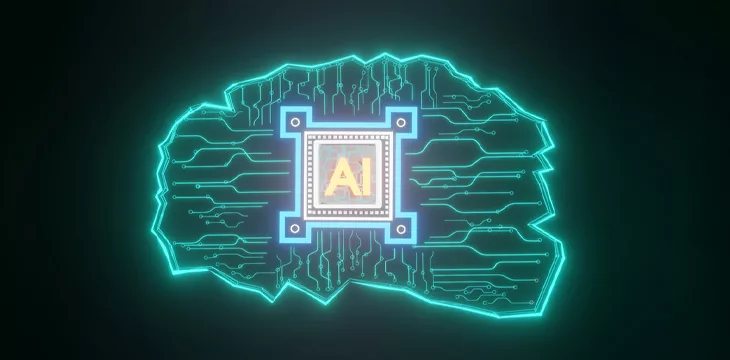A report from the Government Accountability Office (GAO) summarizes its findings on the Department of Homeland Security’s (DHS) use of artificial intelligence (AI).
The report noted that some of the AI use cases listed by DHS were misrepresented and that no steps were taken to verify the reliability of the data used in the AI models.
Executive Order No. 13960 requires federal agencies to maintain a list of AI use cases. As this report shows, some are not even sure what real-world AI use cases are, let alone whether the data used in the models is accurate and trustworthy.
While only education can help with the first problem, blockchain technology can help with the latter.
How does blockchain help ensure data integrity?
In the report, GAO outlined eight recommendations for the future of DHS. This includes clearly defining roles, establishing metrics to measure progress, and documenting the sources and sources of data used.
However, documenting the sources and sources of data does not necessarily guarantee its accuracy and validity. Databases can be corrupted and it is not always possible to determine the origin of the data fed into them. This means that documenting the source of a particular piece of data is of little use if the source itself has not been confirmed to be legitimate.
This is where blockchain technology can help. A scalable public blockchain is essentially a distributed database. Every interaction with them is time and date stamped. In this way, blockchain is an immutable source of truth that cannot be controlled by any single party.
For example, if an institution stores data on a node connected to the BSV blockchain, it will be logged every time someone accesses the database, changes the database, or changes anything. So government agencies like DHS, and companies and individuals whose programs utilize the data can be confident that the data has come from its source and has not been tampered with.
Unlike centralized databases, the likelihood of data loss is significantly lower in blockchain. Due to its decentralized and decentralized nature, no single party controls it, and if one node goes offline, data is stored on other nodes. This means there is no single point of failure.
Blockchain also introduces a level of transparency and accountability never before seen in data management. Humans play an inevitable role in uploading, transmitting, and managing data, and as every interaction with data can be tracked and traced on the blockchain, managers and employees tasked with ensuring data integrity face responsibilities like never before. can.
The traceable nature of blockchain also impacts data provenance. A transparent and verifiable record of every piece of data ensures its authenticity, while also providing compensation to owners of that data through micropayments if desired or required.
AI is only as good as the data we give it to it.
AI experts around the world have been singing the same hymn since the technology gained attention just a few years ago. They consistently say that AI models are only as good as the data we provide them.
Blockchain technology can ensure that your data is as good as gold. When inevitable human errors occur, they can be more easily tracked and corrected.
Blockchain technology was created to ensure data integrity. So we can have a symbiotic relationship with AI. Learn more about scalable public blockchains here.
For artificial intelligence (AI) to function properly within the law and succeed in the face of growing challenges, it must integrate enterprise blockchain systems that ensure data input quality and ownership. This helps keep your data safe while ensuring immutability. data. Check out CoinGeek’s coverage of this emerging technology to learn more about why enterprise blockchain will become the backbone of AI.
Watch: AI takes center stage at London Chatbot Summit
Are you new to blockchain? To learn more about blockchain technology, check out CoinGeek’s Blockchain for Beginners section, our ultimate resource guide.


